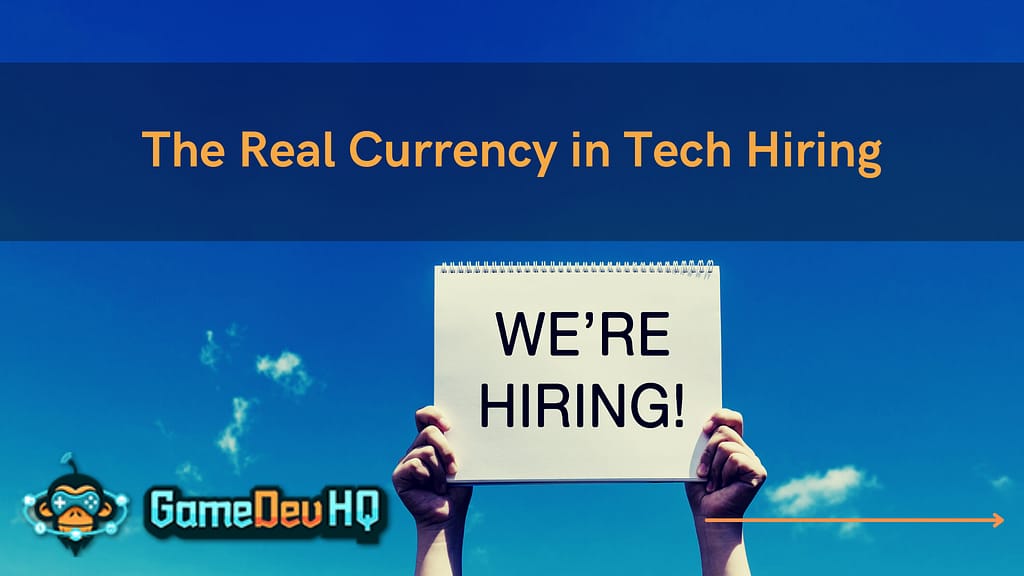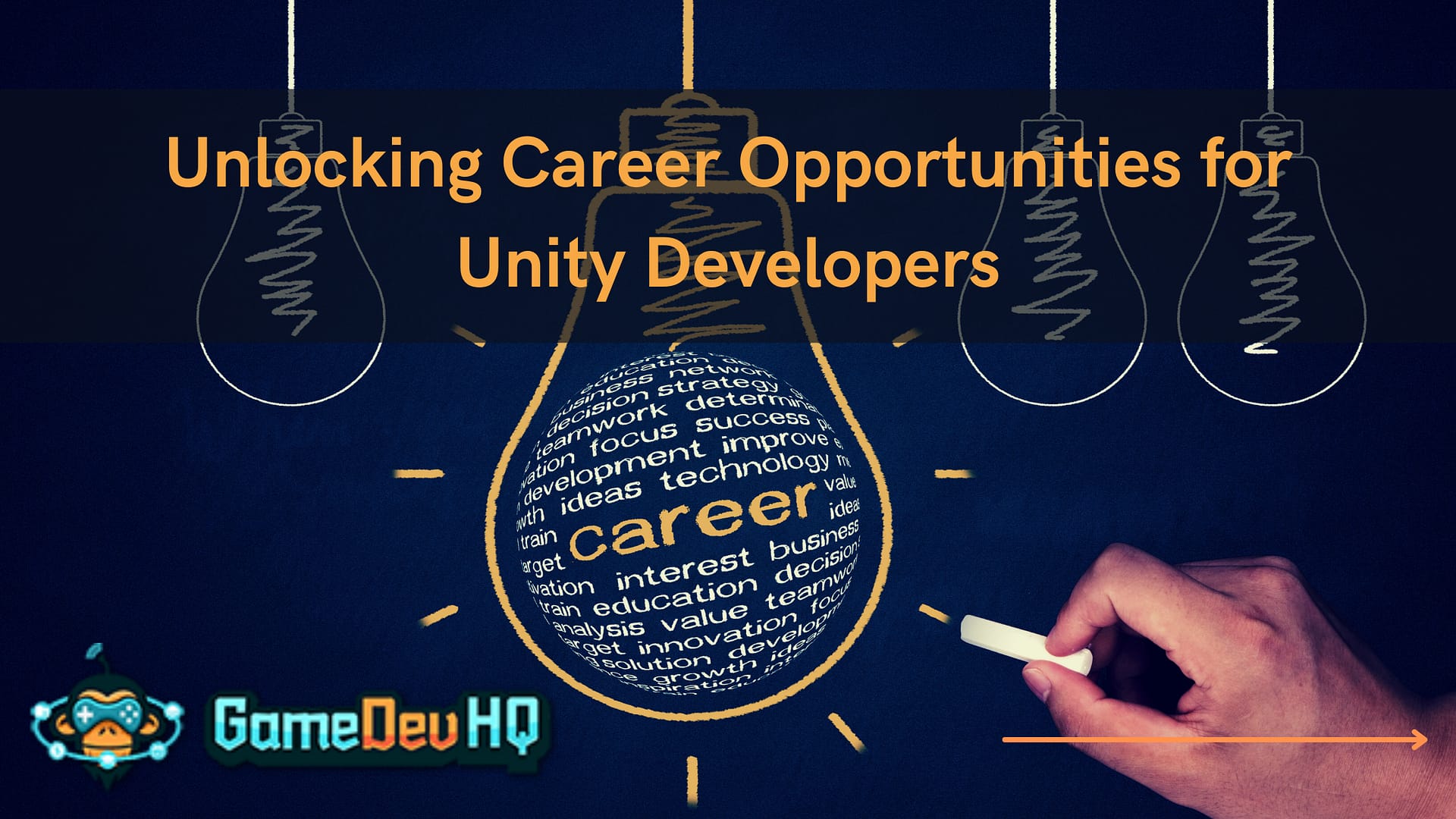I recently had an enlightening experience at the Metacenter Global Week Conference, where I had the chance to network with potential employers and participate in some eye-opening sessions.
One topic that kept surfacing was the evolving criteria for hiring in tech roles. The consensus? Certifications and even degrees are taking a backseat to passion and hands-on experience.
Let’s unpack this a bit more.
The Changing Landscape of Tech Hiring
There’s a seismic shift happening in tech hiring practices. While certifications and degrees have traditionally been the go-to qualifications, employers are now more interested in what you’ve actually done. They want to see a portfolio of projects, a history of community engagement, and most importantly, a genuine passion for the field.
During the “Skilling up Tech Roles for the Future” panel at the Metacenter Global Week Conference, most of the panelists admitted they didn’t have degrees in their chosen fields. Instead, it was their on-the-job experience that opened doors for them. This is a testament to the changing tides in the industry.
The importance of a strong portfolio that highlights a variety of projects to demonstrate experience is vital!
No one, for example, is an expert in AI at this point in time. Those with a passion for the industry are carving niches out for themselves.
 Projects and Community Engagement:
Projects and Community Engagement:
Your New Resume
Creating your own projects or contributing to open-source initiatives is more than just a hobby; it’s your new resume. Employers are increasingly valuing these experiences as they provide a real-world demonstration of your skills and enthusiasm for the work.
If you’re wondering where to start, our workforce development program for software engineers is a fantastic way to gain the skills you need to start building that all-important portfolio.
The Role of Associations and Conferences
Associations like the AR/VR Association, a subsidiary of the Immerse Growth Network, are pivotal in shaping the industry. Their mission is to help over 100 million people achieve greater levels of success in both their professional and personal lives through business, sales, and marketing execution training programs.
I had the opportunity to learn more about the Orlando Chapter’s impactful work during the Metacenter Global Week Conference. Events like these are not just about networking; they’re platforms for learning, sharing, and contributing to the community—another key factor in making you a desirable candidate for tech roles.
GameDevHQ’s Workforce Development Program for Software Engineers: A Fast-Track to Success
If you’re looking for a more direct path to a career in game development, learning C# and C++, GameDevHQ’s Workforce Development Program for software engineers offers an excellent alternative to a traditional college education. Instead of spending years in a classroom, our program is designed to make you job-ready in just 4-6 months.
How? By focusing on building a robust portfolio through real-world projects. Our curriculum is tailored to give you hands-on experience that directly translates to job skills. The ultimate metric of success for every student in our program is getting #hired.
We align our training with the needs of the industry, ensuring that you’re not just learning, but applying your knowledge in ways that make you a desirable candidate for employers.
This approach resonates with the changing dynamics of tech hiring that we’ve discussed.
Employers are looking for practical experience and a demonstrable passion for the field—both of which our program is designed to provide. So, if you’re keen on bypassing the traditional routes and fast-tracking your way into the industry, our Workforce Development Program could be the perfect fit for you.
With this addition, you’re not just preparing for a job; you’re preparing for a fulfilling career. The industry values what you can do, not just what you know, and our Workforce Development Program is designed to equip you with the skills and experience you need to stand out.
Final Thoughts
If you’re exploring a career in game development or beyond as a software engineer, remember that your passion and hands-on experience are your most valuable assets. Certifications and degrees can supplement your skills, but they are no longer the cornerstone of your professional identity.
So go ahead, build that game you’ve always dreamed of, or contribute to that open-source project you’re passionate about. Your future employer will thank you for it.
Happy coding!







